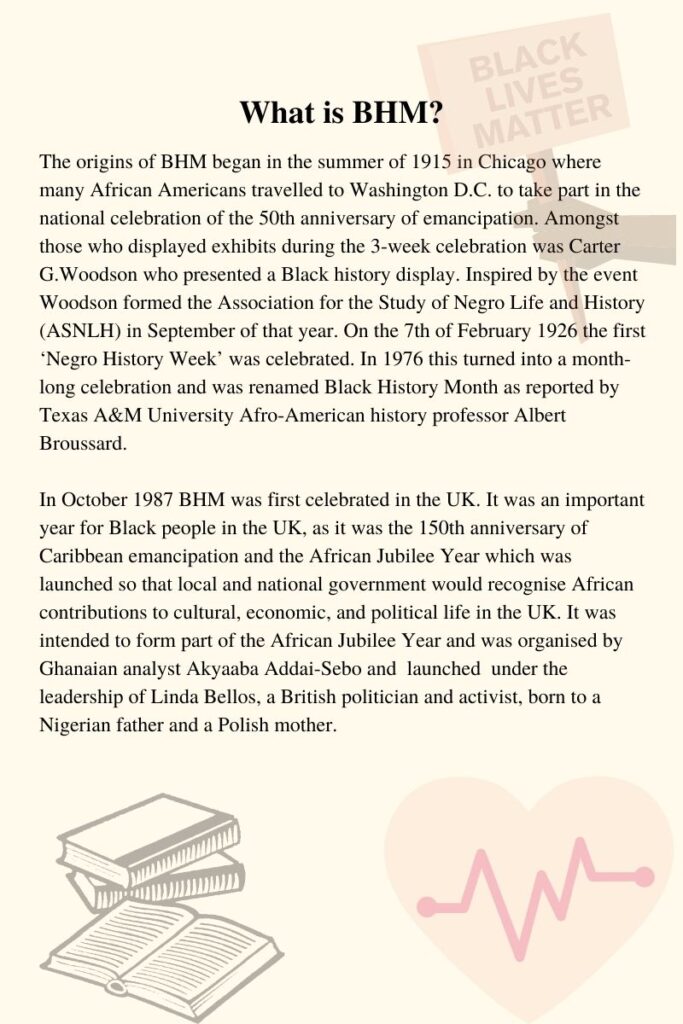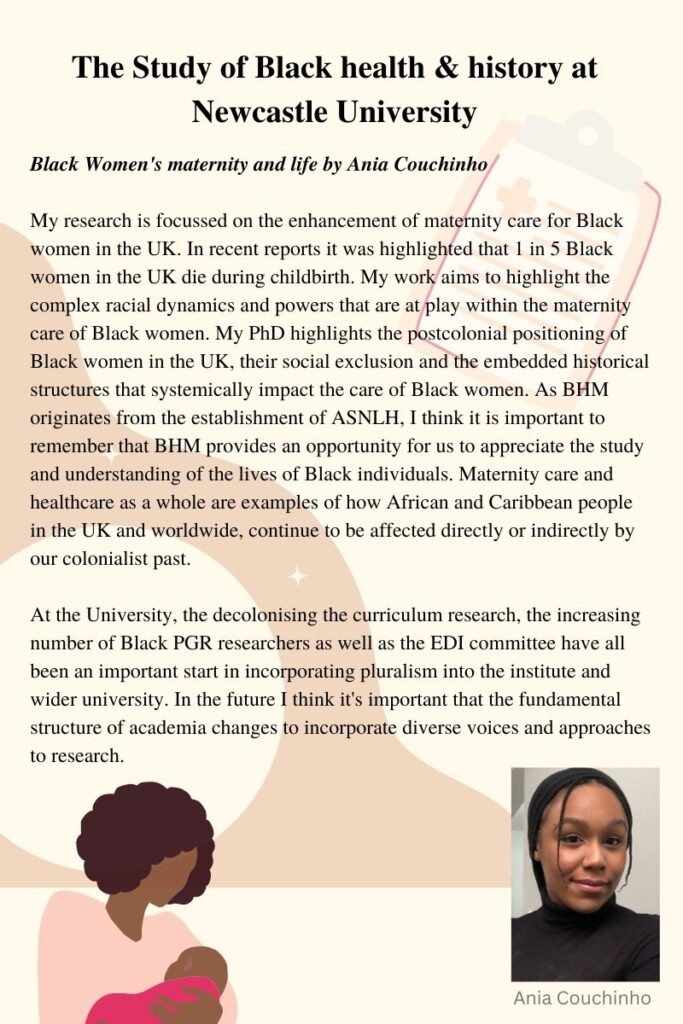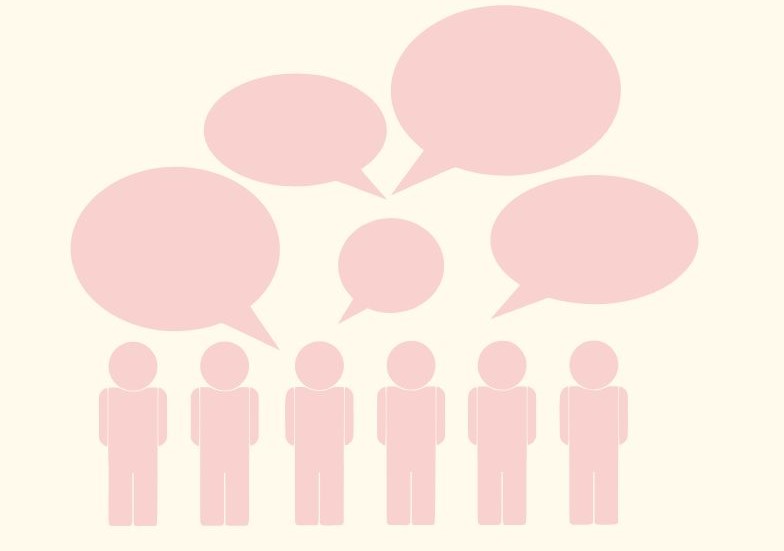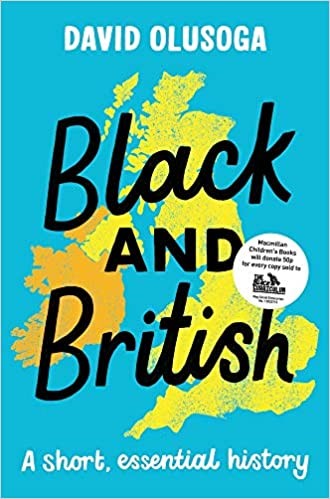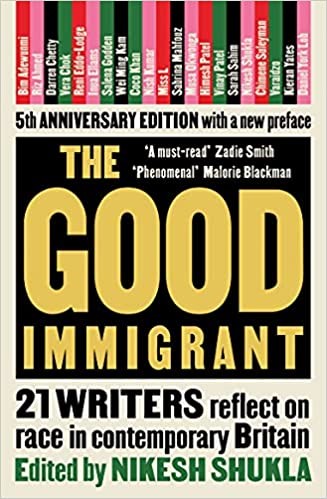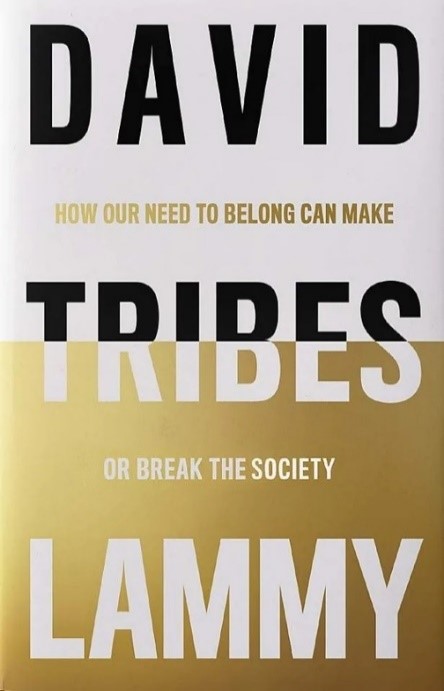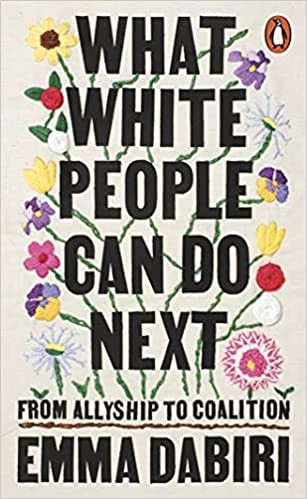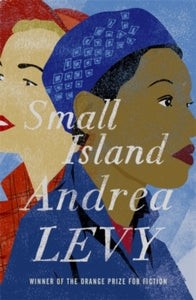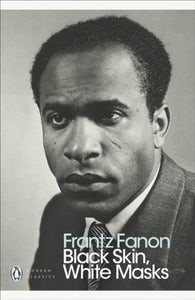By Dr Vic McGowan, Research Fellow
Population Health Sciences Institute, Newcastle University

“Wherever men and women are condemned to live in extreme poverty, human rights are violated. To come together to ensure that these rights be respected is our solemn duty”
Joseph Wresinski, founder ATD Fourth World
All Together in Dignity (ATD) Fourth World initiated the UN International day for Overcoming Poverty on the 17th October 1987 and five years later the UN officially designated this day as the International Day for the Eradication of Poverty (IDEP). For over three decades people living in poverty across the globe have used this day as a platform to speak out about their lives and come together in solidarity. This year marks the 30th anniversary of the IDEP and provides an opportunity for everyone to recognise our shared responsibility to eradicate poverty and combat all forms of discrimination.
Poverty is not inevitable, it is a result of deliberate decisions or inaction that disempower the poorest and most marginalised people in our societies. Poverty is not hidden, we can see the effects of it in the variations in health outcomes and life expectancy between the most deprived and affluent communities within towns, cities, and across the globe. In England, for example, healthy life expectancy varies by up to 21.5 years for women and 15.8 years for men between the most and least deprived local authority areas. England is not alone. These health inequalities between the rich and the poor exist globally. Wherever there are inequalities in opportunities and income there are people living in poverty who will not live as long as their affluent neighbours.
The COVID-19 pandemic has laid bare these inequalities and highlighted how we are not in this together. Our recent review found extensive evidence of inequalities in COVID-19 mortality rates. At every level of geography – neighbourhood, town, city, region – people living in poverty had higher rates of COVID-19 deaths than their more affluent neighbours across the globe. The pandemic has been an unequal experience with higher mortality rates in the most deprived places and communities (McGowan & Bambra, The Lancet Public Health in press).
My research focuses on examining regional inequalities in health, highlighting the root causes of poverty, and advocating for those with lived experiences of marginalisation to ensure they are included in decision-making processes and developing solutions to eradicating the structural drivers of inequality and poverty. I developed the Equal England Public Network to create a space for members of the public to share lived experiences of poverty and influence research/practice to reduce health and social inequalities. Our public partners co-develop research to tackle the root causes of poverty and have influenced national decision-making on actions to improve health post-pandemic.

To commemorate the International Day to End Poverty I attended an event hosted by Thrive Teesside, an award-winning organisation that aims to implement a legal duty to put the voice and experience of socio-economic disadvantage at the heart of policy making and local decision making. The event showcased good practice in participatory approaches to local decision making and highlight how the value of lived experiences can develop local responses to mitigate the impact of poverty.
The event highlighted how tackling poverty requires collaborative action. It was encouraging to see members of the local council, grass roots community organisations, the local mayor, academics, and members of the public coming together to hear about the lived experience of poverty and engage in discussions about developing solutions to poverty as well as immediate actions people are taking at the local level to ameliorate the effects of the current cost of living crisis.
Thrive Teesside work on a local level providing one-to-one support to those with immediate needs but they also work on a national level to raise voices of those often unheard with APLE (Addressing Poverty with Lived Experience). They work collaboratively as Poverty 2 Solutions with ATD Fourth World and Dole Animators to use their expertise to propose solutions to some of the biggest issues that lock people in poverty across the UK and recently produced a short film to advocate for the need to implement a legal duty to put the voice and experience of socio-economic disadvantage at the heart of policy making. Their Listen Up to Level Up film makes visible the real issues surrounding poverty which aims to create discussions, mobilise and motivate people, it highlights how the insight of lived experiences of poverty is essential to creating fairer policies.
To mark the 30th anniversary of IDEP we should reflect on how we can make our research more participatory, develop connections with our local communities and harness the skills, expertise and insight within them to develop research agendas that focus on the root causes of poverty and co-develop more effective solutions for change.



